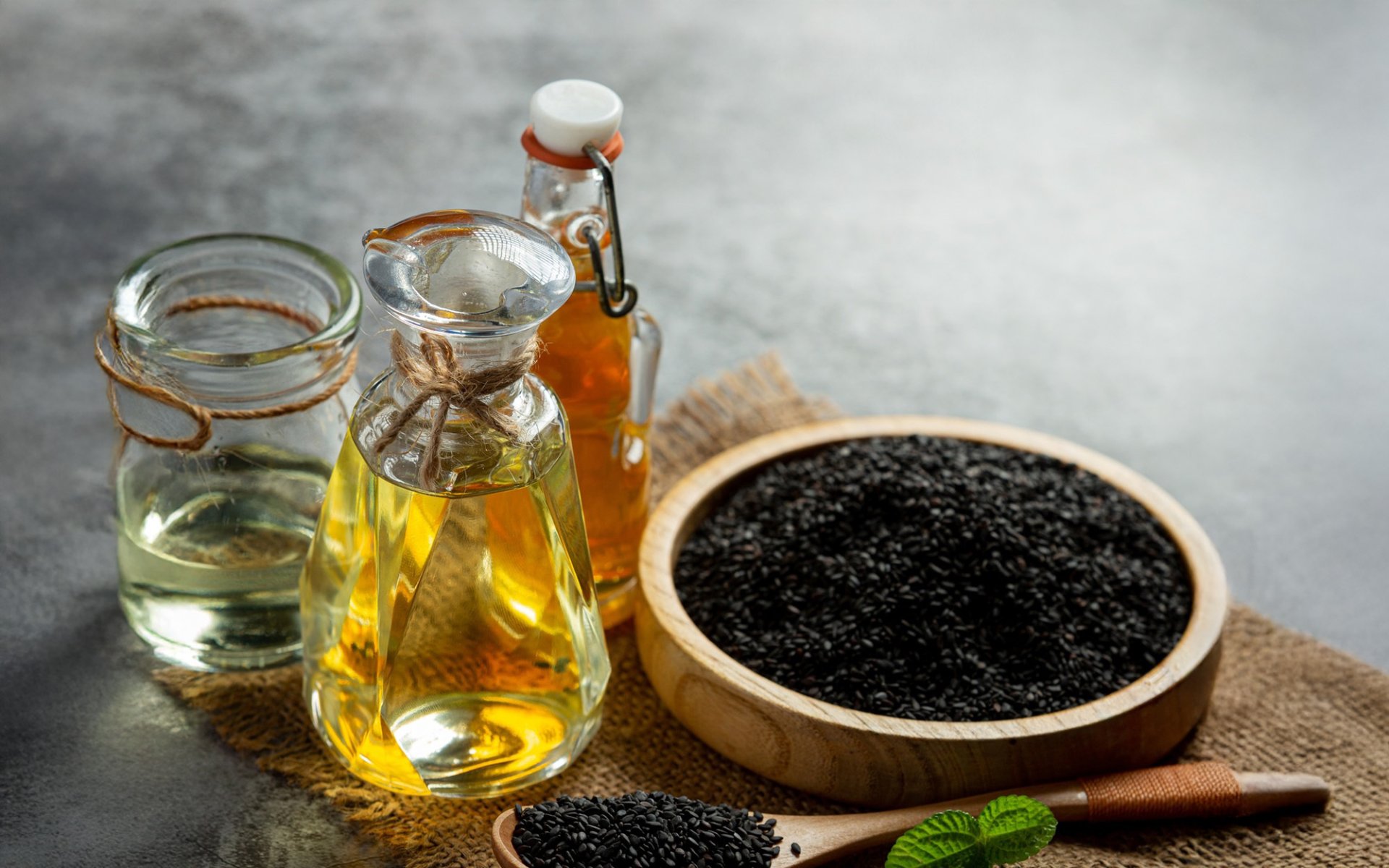Sesame Oil

Did you know that Sesame is the first plant in the world to be extracted for oil, dating back to around 5,000 BCE?
Archaeologists discovered the oldest sesame seeds in the Indus River basin, which is present-day Pakistan and India. It was then brought across to Mesopotamia and China around 220 AD, a period corresponding to the Three Kingdoms era. During that time, the Chinese commonly used sesame oil as fuel for lighting and extracted it using stone mortars or wooden presses to release the oil from the seeds.
The Journey of Sesame Oil: From Fuel to Culinary Staple in Ancient Chinese Texts
In the Three Kingdoms era, sesame oil was widely used, especially in the military. It was later introduced into culinary culture for the first time, as mentioned in one of China's oldest books, Bei Tang Shu Chao, approximately 1,600 years ago. This book states that sesame oil was an ingredient in making black bean sauce before becoming widely used in cooking, evolving into a fine oil highly sought after by people of various social classes.
Ancient Chinese people favored using sesame oil in cooking, believing it possessed medicinal properties and numerous health benefits that aided digestion and reduced inflammation. Additionally, sesame oil was used as a massage oil, thought to have properties that relieved muscle aches, promoting relaxation. Not only that, but sesame oil was also popular in cosmetics and as a base for perfumes. There's even a story that before the Chinese knew about sesame oil, Cleopatra, the Queen of Egypt, used it to maintain her youthful and radiant skin, believing it had anti-aging properties.
Sesame Oil in Global Kitchens: Health and Beauty from the "Queen of Grain Oils"
Today, the use of sesame oil has spread throughout Asia, becoming a popular cooking oil in many countries worldwide, including Japan, Korea, China, India, and Thailand. It is often used as a seasoning or finishing oil, added to dishes before serving to enhance aroma and rich flavor, whether in stir-fries, soups, stews, salad dressings, or various marinades.
Today, sesame oil continues to be a widely popular ingredient globally, especially among health-conscious individuals, because it is considered a good fat and contains essential nutrients. It consists of monounsaturated fatty acids, polyunsaturated fatty acids, and several other unsaturated fatty acids. Therefore, regular consumption of sesame oil helps eliminate excess fat in the body, making it suitable for those looking to lose weight.
Furthermore, sesame oil helps improve skin elasticity, maintain vitality, and prevent wrinkles because it is rich in important vitamins: Vitamins A, B, K, and E. These vitamins can protect against harmful substances that damage skin cells, help remove toxins from the body, prevent stretch marks for pregnant women, effectively prevent dry skin, and promote healthy, radiant skin. Moreover, the extraction of pigment from black sesame makes hair strong, healthy, darker, softer, and brings shine to the hair. With all these properties, sesame oil is truly dubbed the Queen of Grain Oils.


